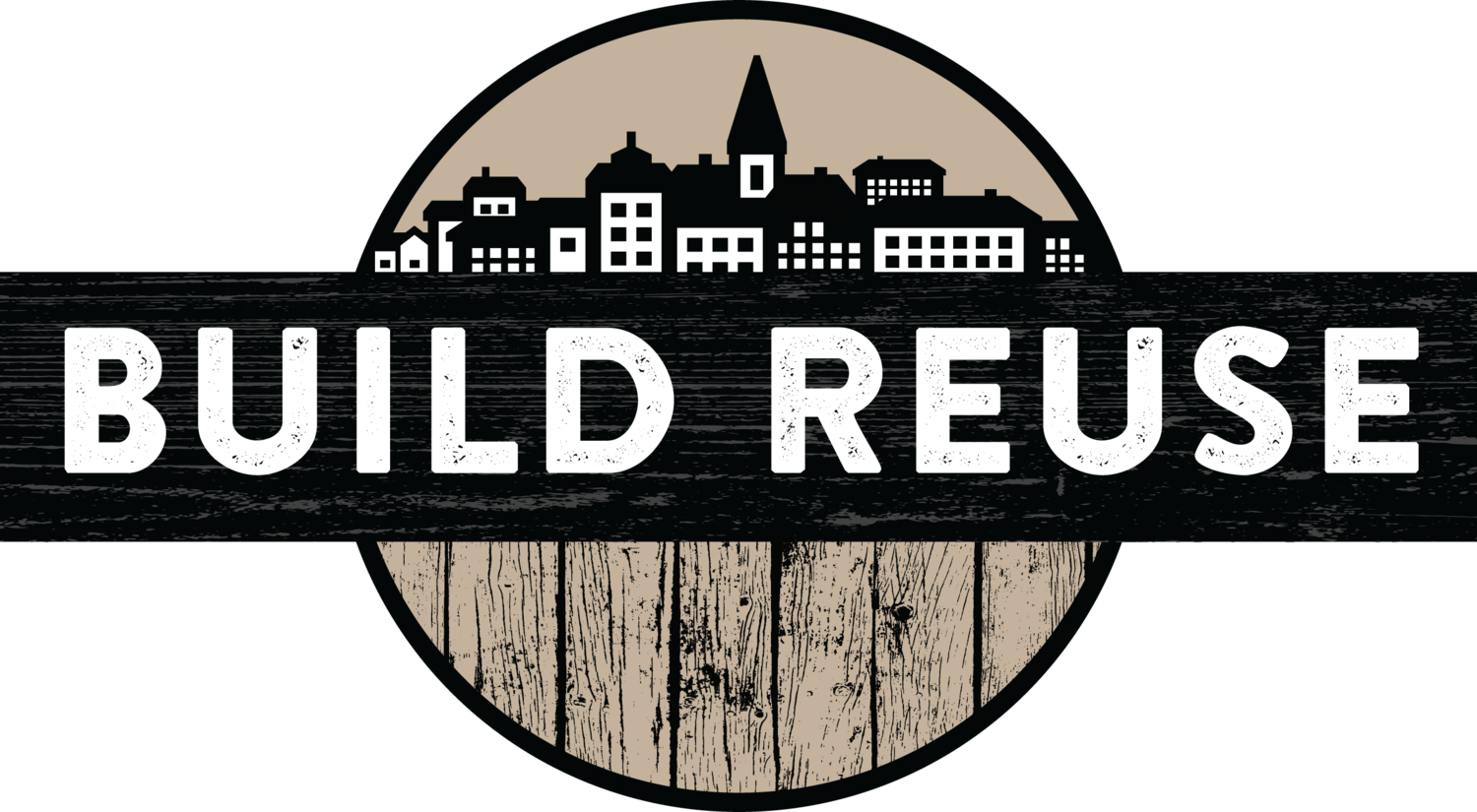Guidebook for Municipalities to Create & Implement Deconstruction & Building Material Reuse (BMR) Infrastructure
March 30, 2023 - Created by Patty Lloyd for Build Reuse as her capstone project for her Master of Science in Sustainable Management from University of Wisconsin-Parkside, the Guidebook is a resource for municipal leaders to utilize in their efforts to create policy and programs in their own communities that will spur adoption of circular economy strategies specific to supporting deconstruction, waste recovery, and building materials reuse activities. This can be achieved through policies and educational resources that focus on deconstruction, the salvage and reuse of materials, creation of markets for reuse, and policy tools that interrupt the linear take make waste cycle that our economy operates on. The Guidebook contributes to the growing body of knowledge around building materials reuse and to help collate and create tools that can be shared within the municipalities in which Build Reuse members are currently operating.
Become a Build Reuse Member
Build Reuse is committed to developing and providing resources for communities to implement reuse policy and eliminate barriers to advancing circularity. Membership dues directly support these efforts. Additionally, our members have the opportunity to actively contribute through our many workgroups and committees.
Join today as an individual member, organizational member, or corporate sponsor 🡢
Abstract
The construction and demolition industry generates millions of tons of waste per year. This waste does not just go “away” but instead gets processed as recycling and landfill waste, with the bulk going to landfill. To date, the status quo has been to push recoverable commodities to the recycling stream. This is unfortunate since many of the materials do not need to go through the energy and resource intensive processes of recycling in order to be used again. Many materials recovered during the construction and demolition processes are inherently reusable and would serve their highest and best use if they were pushed into the reuse stream instead. Many municipalities have waste diversion, deconstruction, and other policies that support building materials reuse. In addition, there are a number of research organizations, businesses, and non- profits that recognize the multi-faceted benefits both environmentally and socially of building materials reuse. This has created a wealth of research and tools created to support and advance this industry. This research paper seeks to aggregate those resources to create a guidebook for small and medium sized municipalities in the U.S. to use to help create and implement their own deconstruction and building materials reuse infrastructure.
Qualitative research for this project included a literature review, three conferences and nineteen interviews of industry professionals. The knowledge gained through the research project has been synthesized to create a usable tool for municipalities. The The resulting research includes this research paper and a guidebook in a pdf version that shares resources with the municipalities. This guidebook is a foundational work that could continue to be improved upon as the industry matures and more understanding grows of the benefits that a reuse economy can offer.

